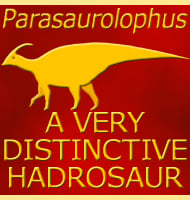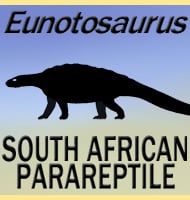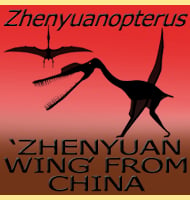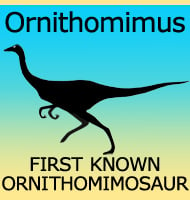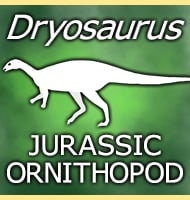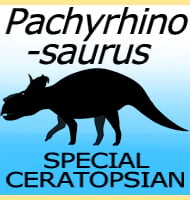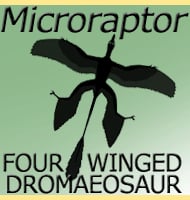In Depth
So far at the time of writing the only known fossils of Kol are of a complete foot. This foot however is enough to identify Kol as an alvarezsaurid dinosaur, and one that was fairly big. The foot of the Kol holotype specimen is about twice the size of the foot of Shuvuuia, another genus of alvarezsaurid dinosaur from the same Djadochta Formation as Kol. If the remainder of Kol was in proportion with the rest of Shuvuuia, then Kol would have been roughly one hundred and twenty centimetres long given that Shuvuuia was about sixty centimetres long. This would mean that Kol was a fairly large alvarezsaur, though the type genus of the group Alvarezsaurus is estimated to have been up to two meters long. There has been speculation however that Kol may have been even larger than this
Kol ghuva is derived from the Mongolian words for ‘foot’ and ‘beautiful’, and a full translation to English grants the name as ‘beautiful foot’.
Further Reading
- A Large Alvarezsaurid from the Cretaceous of Mongolia. - American Museum Novitates 3648: 1–14. - A. H. Turner, S. J. Nesbitt & M. A. Norell - 2009.


